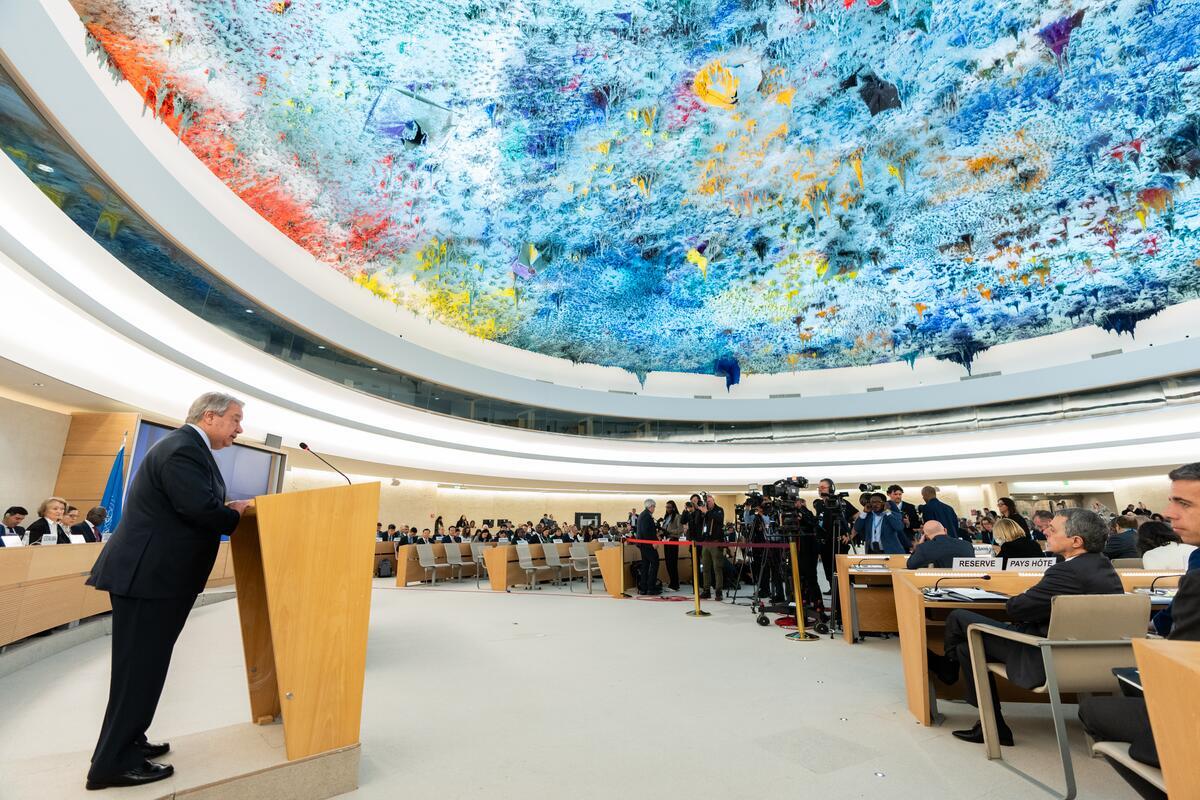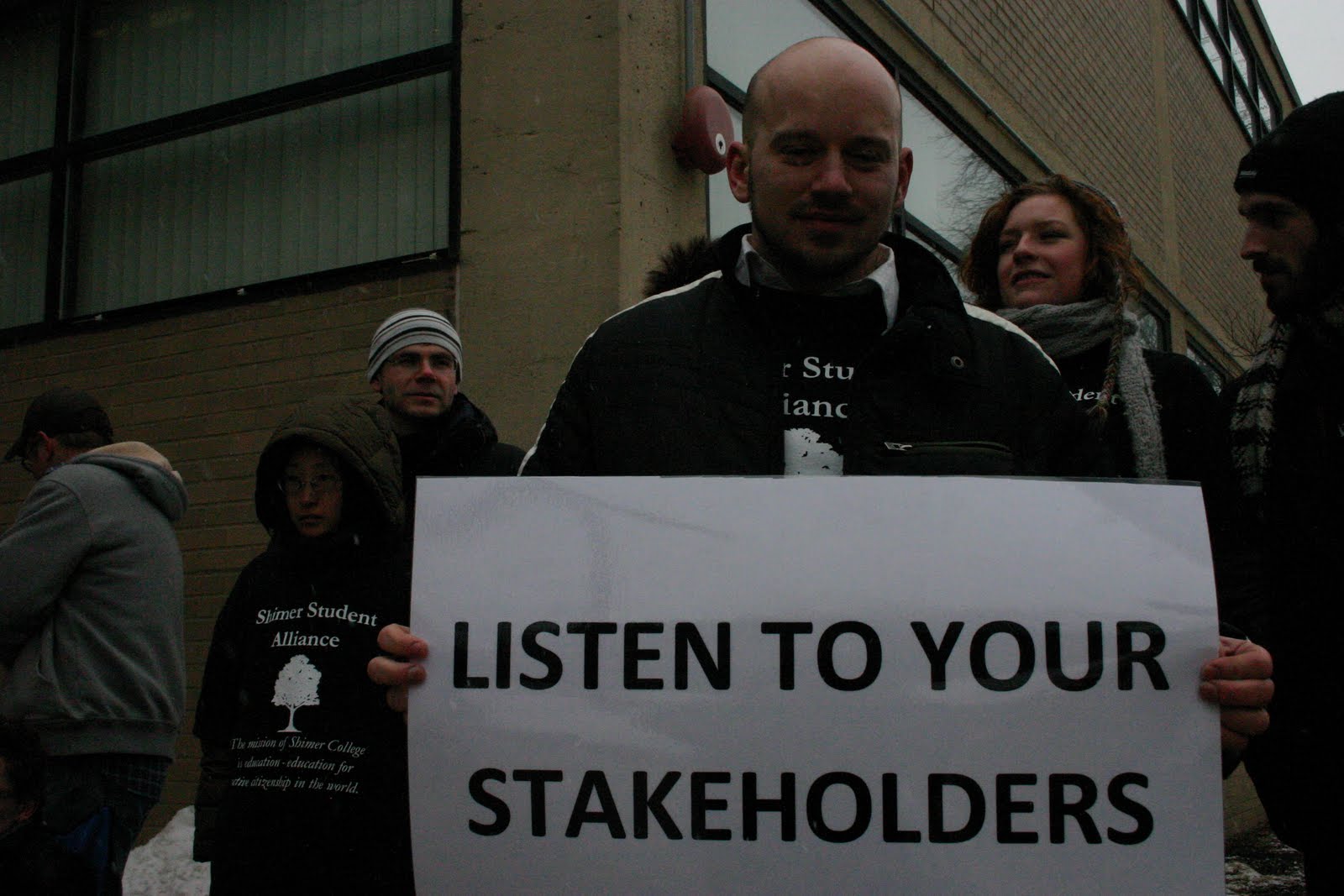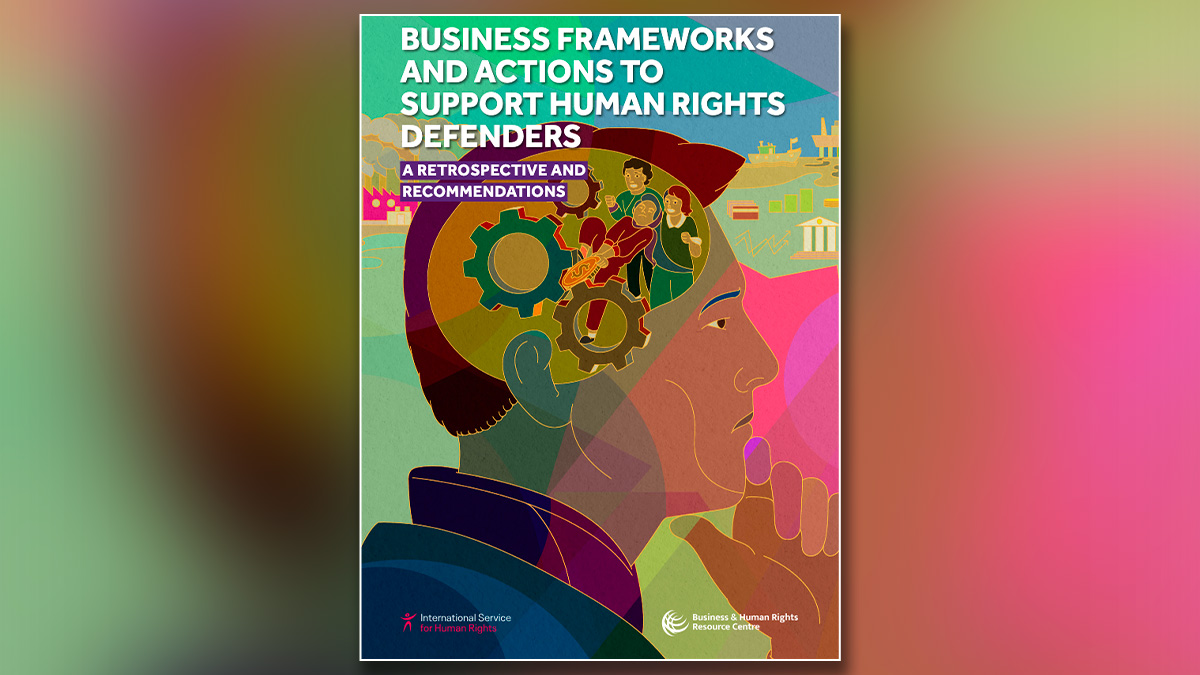In his new report to the UN General Assembly, Special Rapporteur Michel Forst spells out what States, businesses and investors must urgently do to better safeguard human rights defenders. He also emphasises how the respect of rights is in the interest of all, and deplores that defenders are ‘suffering attacks by overpowering business interests’ due to a lack of State action to protect them. The second report, by the Working Group on business and human rights, focuses on access to remedy.
Key points
- Special Rapporteur is ‘appalled by the number of attacks and threats facing defenders’ who seek to hold States, businesses and investors accountable for the adverse human rights impacts of business activities;
- ‘Excessive favouring of business interests’ allied with ‘increasing crackdowns on civil society’ make defending rights risky, and lead to the denial of local populations’ needs and aspirations in favour of short-term profits and commodification;
- Civil society findings confirm that 25% of attacks against human rights defenders working on business and human rights – 450 globally in 2015-2016 alone – were connected with companies headquartered in one of the following three countries: Canada, China and the USA;
- The Special Rapporteur considers that business responsibility to respect human rights entails ‘a positive obligation to support a safe and enabling environment for human rights defenders,’ which in turn requires consultation with defenders;
- Emerging corporate policy commitments and some positive efforts to express business support for strengthening the protection of defenders can be noted;
- Recommendations to States to adopt legislation for mandatory due diligence, for public disclosure of information about corporate structures, and to legitimise and protect human rights defenders, as well as national action plans on business and human rights that help to protect defenders are made;
- Business and investors are called on to include an analysis of the situation of civic freedoms and human rights defenders in their impact assessments, and ensure policy commitments reflecting the critical role of and risks faced by human rights defenders.
Comprehensive analysis of risks faced by human rights defenders
‘The report provides important visibility to human rights defenders and the critical role they play in fostering corporate respect for human rights,’ said Michael Ineichen, Business and Human Rights Defenders Programme Director at ISHR.
According to the Special Rapporteur, judicial harassment and criminalisation are often used to silence critics. The report highlights the complicity of States who tend to pursue cases against defenders, and ignore those initiated by defenders against companies, which in turn shows the ‘economic and political power imbalance between corporate actors and affected communities.’
A further context of particular risk is that of indigenous communities. The Special Rapporteur deplores that contrary to international law and good practice, free prior and informed consent is rarely sought. Too often consultations are used to ‘stage approval’ or based on false documentation.
‘The call for free, prior and informed consent of all affected communities has been reiterated time and again by civil society and human rights experts,’ said Michael Ineichen. ‘This latest report lays out clearly that far from being obstacles, effective processes to do so are in the interest of good business.’
Importantly, the report recommends that States develop systems to protect defenders contributing to such processes.
Need to fill gaps left by ‘absent or deficient regulatory frameworks’
Building on the work of the UN’s expert committee on economic, social and cultural rights, the Special Rapporteur calls on States to control corporations beyond their borders. While welcoming the passage of some laws on human rights due to diligence or the publication of national guidelines on the protection of human rights defenders, the Special Rapporteur noted significant gaps at both national and international levels.
In particular, the Special Rapporteur called for the strengthening of laws that provide access to information, and highlighted the opportunity provided by the drafting of a legally binding treaty for State and business conduct.
Among the reports’ recommendations is a call for more policy coherence. For instance, the Special Rapporteur welcomes the recent Canadian HRD-guidelines, and their focus on Canadian companies.
‘We join the appreciation of States seeking to ensure ‘their’ companies respect and support human rights defenders, but more needs to be done in that regard, particularly by States that pride themselves for their support of defenders,’ said Michael Ineichen from ISHR.
‘The 20th anniversary of the Declaration on human rights defenders, which will be celebrated in 2018, is a key opportunity for States and business to up the ante, and invest in protecting defenders and providing a safe environment for their work,’ said Ineichen.
Stopping attacks by stepping up engagement
Stopping attacks against defenders will require action by States, companies, investors and financial institutions. The Special Rapporteur has recommendations for all.
He calls on States to act as the guarantors of the participation of communities and defenders in business-related decisions, including the rights of trade unions and free prior and informed consent of affected communities.
The report also emphasises the responsibilities of businesses to:
- desist from interfering with defenders’ legitimate activities;
- assess the status of civic freedoms as part of their human rights due diligence and engage with concerned Governments over the findings
Forst encourages companies to assess civic freedoms in their host countries and include defenders in the development of company policies. He calls on investors and financial institutions to withhold investments in situations of high risk to defenders and civic freedoms.
On his part, the Special Rapporteur commits intensifying his direct engagement with companies and their ‘home’ and ‘host’ countries, through an increase in his ‘communications’ letters in the coming months, confronting companies with alleged threats and attacks on human rights defenders.
Coordinated efforts by UN experts on the protection of human rights defenders in the context of business
The Special Rapporteur also highlights the work of the UN Working Group on business and human rights to develop guidance for business on engaging, respecting and supporting human rights defenders.
A further focus on human rights defenders will be provided by the Third Committee’s consideration and dialogue on the report of the working group focusing on access to remedy, which highlights defenders’ role as ‘justice enablers.’ The Working Group emphasises the interest of businesses to contribute to a safe operating environment for civil society. A strong civil society encourages effective governance, a factor that can assist business operations.
Furthermore, the UN Working Group notes the role of human rights defenders in facilitating access to effective remedies for victims of human rights abuses at the hands of corporations. The Working Group urges States to treat defenders as ‘critical allies in realising human rights.’ Part of the support States provide for members of the civil society should include resources to enable them to build their capacity so they can operate effectively and independently.




